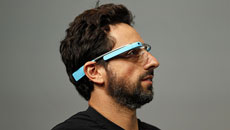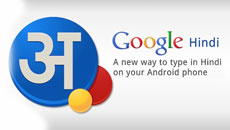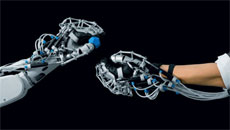Your phone may now automatically know if you are depressed, stressed or lonely as researchers have developed an app that reveals mental health, performance and behaviour of users.
Called StudentLife app, which compares students' happiness, stress, depression and loneliness to their academic performance, the application may also be used in the general population - for example, to monitor mental health, trigger intervention and improve productivity in workplace employees.
"This is a very important and exciting breakthrough," said the study's senior author professor Andrew Campbell from Dartmouth College in the US.
"The StudentLife app is able to continuously make mental health assessment 24/7, opening the way for a new form of assessment," Campbell added.
The researchers built the Android app to monitor readings from smartphone sensors carried by 48 students during a 10-week term to assess their mental health (depression, loneliness, stress), academic performance (grades across all their classes) and behavioural trends.
So the app can tell how stress, sleep, visits to the gym et al change in response to college workload - assignments, midterms, finals - as the term progresses.
They used computational method and machine learning algorithms on the phone to assess sensor data and make higher level inferences (like sleep, sociability and activity)
The results showed that passive and automatic sensor data from the Android phones significantly correlated with the students' mental health and their academic performance over the term.
"While the smartphone app raises major privacy concerns," Campbell said, "with proper protections in place, the app can provide continuous mental health evaluation for people from all walks of life, rather than waiting for symptoms of stress and depression to become severe enough to visit the doctor."
The researchers presented their findings on Wednesday at the 2014 ACM International Joint Conference on Pervasive and Ubiquitous Computing in the US.




